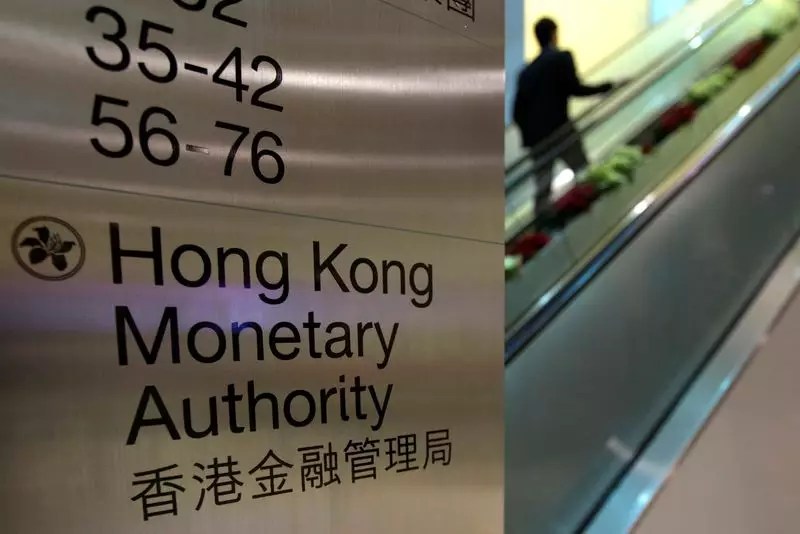Hong Kong has long been regarded as a leading global financial center, known for its vibrant capital markets and strategic position in Asia. Recent developments, however, have put this status into question. As China’s Vice Premier He Lifeng announced Beijing’s commitment to foster more high-quality enterprises in Hong Kong, the implications of this initiative reflect both the challenges facing the financial hub and the opportunities for revitalization.
In recent years, Hong Kong has experienced a significant decline in its standing as a capital market hub. According to data from Dealogic, total listings value dropped to $9.1 billion in 2024 from a high of $51.6 billion in 2020. This downturn is not merely a statistical anomaly; it signals deeper, systemic issues affecting both local and foreign investors. The landscape has transformed due to a combination of geopolitical tensions, changes in global economic conditions, and domestic challenges, such as the debt crisis in the Chinese property sector.
Moreover, the economic ramifications of the COVID-19 pandemic continue to ripple through Hong Kong’s financial system. Lockdowns and operational disruptions have led to dimmer business prospects, prompting several investment banking firms and international law enterprises to downsize or exit the market entirely. This trend raises questions about the sustainability of Hong Kong’s financial ecosystem, as firms reassess their long-term strategies in light of these challenges.
He Lifeng’s announcement at the Global Financial Leaders’ Investment Summit indicates a strategic pivot by Beijing to rejuvenate Hong Kong’s economy. By enabling more Chinese companies to list and issue bonds in Hong Kong, Beijing aims to leverage the city’s established financial framework to stabilize and invigorate its capital markets. The Vice Premier emphasized the need to enhance the current mechanism for the regular issuance of treasury bonds, reflecting a proactive approach to solidifying Hong Kong’s role as a global financial business hub.
However, while this government backing may bolster investor confidence in the short term, the effectiveness of such measures remains to be seen. Without addressing underlying issues, such as regulatory reforms and competitive positioning against other financial centers like Singapore and Tokyo, mere capital inflows may not be sufficient to reverse Hong Kong’s fortunes.
The political climate, particularly in relation to the United States, plays a crucial role in shaping Hong Kong’s financial landscape. The projection of heightened tariffs under a potential Trump administration could introduce further volatility for Chinese enterprises seeking to engage in international trade. While some experts believe that the economic growth potential in Asia remains robust, especially in China, these external factors could easily complicate recovery efforts for Hong Kong’s economy.
In the face of potential geopolitical disruptions, it is crucial for Hong Kong’s financial institutions to cultivate resilient business models. This involves diversifying their client bases, exploring new markets, and investing in technology and talent to maintain competitiveness.
Despite the bleak forecasts, there are signs of optimism that could drive Hong Kong’s financial resurgence. With significant infrastructure and human capital already in place, Hong Kong possesses distinct advantages that can be leveraged. If Beijing follows through on its commitments, the injection of activity in capital markets could act as a catalyst for further investment and economic renewal.
Additionally, as global markets recalibrate in response to changing regulations and corporate acquisitions, Hong Kong stands to benefit from its position as a bridge between East and West. With strong governance and robust financial regulations in place, the city can attract international investors seeking access to the Chinese market.
The path forward for Hong Kong’s financial sector hinges on its ability to adapt to an evolving landscape. Policymaker initiatives aimed at stimulating growth must be paired with grassroots innovations and strategic positioning to address ongoing challenges. Ultimately, the city’s long-term viability as a premier financial hub will depend on its readiness to embrace change while fostering an environment conducive to investment and economic sustainability. As events unfold, all eyes will be on Hong Kong to see whether it can rise to the occasion and reclaim its status on the global stage.


Leave a Reply